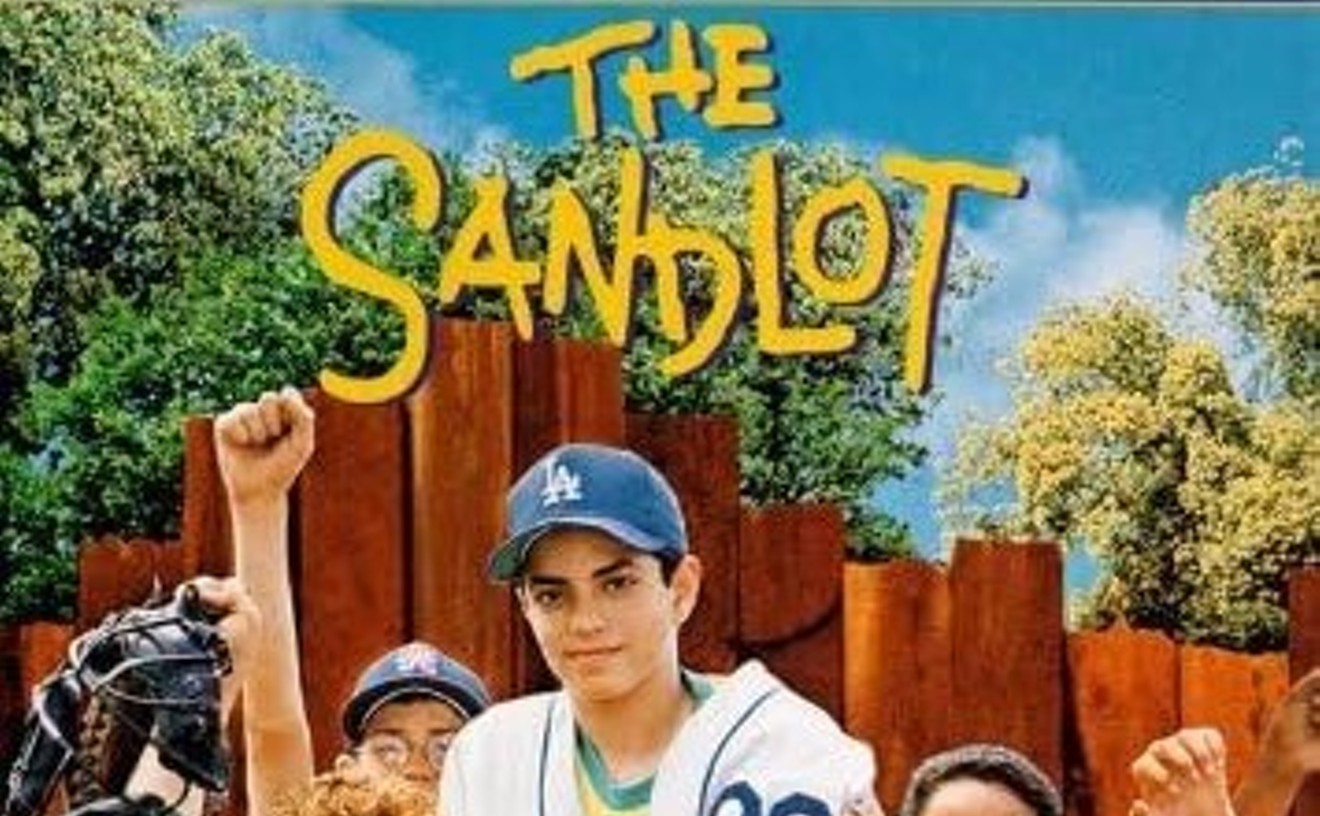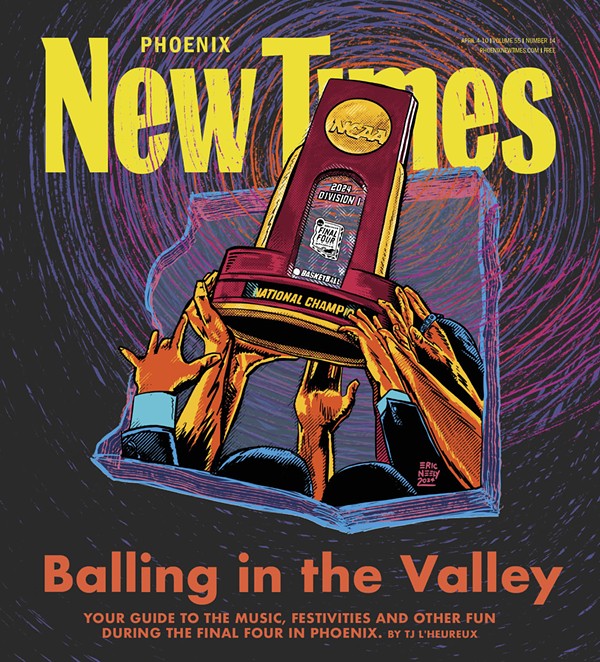Next to the line “The mighty novel of a soulless, streamlined Eden — and the two who escape it” the cover shows a man and a woman, naked but with a sort of mist obscuring their naughty bits, climbing through an abstract aperture beyond which we can see a hint of a futuristic city. The back cover copy pants “This is the savage, witty and shocking story of a natural man in an unnatural world… a licentious world where morality as we know it is taboo.” (Woo-hoo!) Best of all is a quote from a review — from a Montgomery, Alabama newspaper — just inside the front cover: “Huxley portrays a fantastic, incredible, licentious, unvirtuous world…in which only a few can recall Shakespeare but everyone is enthralled by sports and promiscuous sex…”
Ummm…
Anyway, I chuckled at all this, as she knew I would, then set the tattered, crumbling old volume aside. But some time later I happened to notice it atop a stack of books in my office, and it occurred to me that I’d never read Brave New World. It’s one of those books one hears so much about at second hand that it’s easy to forget that you’ve never read it. Back in high-school English class we read Orwell’s Nineteen Eighty-Four, and our redoubtable teacher “Critter” McCabe showed us a ‘70s-era TV-movie of the Huxley yarn as an example of another dystopian vision. But I hadn’t actually sat down and read the story to see how it holds up. I decided it was high time.
The copy my friend gave me only had one perusal left in it, alas — it gave its life so that I might be enriched. Each page fell from the binding as I gingerly turned it, so that I was left with a stack of yellow leafs when I was done.
The content was another matter — the words have held up far more strongly than the paper they’re printed on. Brave New World is an unwieldy book, no question about it, clumsily-structured and heavy-handed and overambitious and satirically obvious. It’s also exhilarating and thought-provoking and sort of wonderful.
So here, 85 years after Brave New World was written, is the book report I never got around to writing back in 11th grade:
Brave New World is set several hundred years in the future, in a global society in which human life is carefully programmed from womb to tomb — or rather, from bottle to incinerator, since the nuclear family has been abolished. People are now mass-produced as test-tube babies in industrial “hatcheries,” and traditional, “viviparous” parenting is considered a scandalous obscenity.
Genetic, biological, and psychological engineering predestines each person to happy, contented membership in one of several castes — Alphas, Betas, Gammas, Deltas, and at the most menial level, “Epsilon Semi-Morons.” When people aren’t working, they’re kept diverted with promiscuous sex — monogamy is considered improper — trivial amusements, and drugs, especially an anti-anxiety pill called soma. Art and music are confined to light, fluffy entertainments that support the status quo. Henry Ford is a figure of quasi-religious veneration — he’s called “Our Ford” — and children are named after social planners as diverse as Marx and Mussolini.Against this elaborate, lovingly-drawn backdrop, Huxley plays out a careless, lopsided, poorly-carpentered plot.
tweet this
Against this elaborate, lovingly-drawn backdrop, Huxley plays out a careless, lopsided, poorly-carpentered plot: A man and woman from London, Bernard Marx and Lenina Crowne, visit a “Savage Reservation” in the Malpais region of New Mexico, where marriage, family, religion, and other such uncivilized lifestyles are still practiced. There they meet John Savage, a beautiful young man born among the Zuni as a result of the accidental pregnancy of a woman from London abandoned there years earlier. Savage has a skull full of Shakespeare’s plays — quotes from which he’s given to spouting — and of romantic, mystical, and penitential passions.
Bernard and Lenina bring the Savage back to London, where he’s treated as a celebrity. He quickly becomes appalled at the infantile contentment of the programmed people around him. He and Lenina fall in love, and he is chastely horrified by Lenina’s casual attempts to seduce him. She, in turn, is baffled by his rejection of her advances. Trouble ensues.
Characterization is not the strong suit of book. In the case of the Brave New Worlders, this is somewhat excusable, since they could be expected to be shallow and undifferentiated. But the Savage is a particularly corny and unconvincing figure — less a character, really, than an amalgam of ideas and attitudes that Huxley wants to bounce off the society he’s set up — and his obtuseness and lack of adaptability is often as exasperating as that of the people he’s criticizing.
That said, finally reading Brave New World was a splendid experience. It’s hard (for me, anyway) not to like a book in which Ford, Mussolini, Marx, and Malthus, among many other reductive, dehumanizing modern busybodies, are more or less equally tweaked (apparently only Shakespeare was a sacred cow for Huxley). And much of the book’s comedy seems at least as pointed now as it must have seemed then.
As it happened, just a few days after finishing the novel, I heard a CBS radio production of Brave New World from 1956 — the year after my Bantam edition rolled off the press. The adaptation, written and directed by William Froug (who later produced The Twilight Zone for TV), turned out to be very faithful to the novel. And well it might have been, as the show was narrated by none other than Huxley himself.
He introduced Part One thusly:
“Brave New World is a fantastic parable about the dehumanization of human beings. In the negative Utopia described in my story, Man has been subordinated to his own inventions. Science, technology, and social organization — these things have ceased to serve Man; they have become his masters. A quarter of a century has passed since the book was published. In that time, our world has taken so many steps in the wrong direction that if I were writing today, I would date my story not 600 years in the future, but at the most 200. The price of liberty, and even of common humanity, is eternal vigilance.”
Prior to Act Two, he says:
"Brave New World is a study of the future as it may be unless we are extremely careful. It depicts a society in which man has replaced nature by science, morality by drugs, individuality by total conformity. It is a hideous prospect, yet we seem to be determined to follow this path to self-destruction...”
Yeah, but ... but ... and I know this makes me a total philistine, but ...
Is it such a hideous prospect?
Or, to rephrase: Given a strictly materialist/rationalist view of life, is a society that focuses on giving its citizens comfort, pleasure, and freedom from anxiety such a hideous prospect, even at the expense of individuality?
With Nineteen Eighty-Four, Orwell gave us a truly terrifying picture of a totalitarian hell on Earth. It really was a hideous prospect. But granting that the human race should be perpetuated at all — in itself not a slam-dunk — what’s so fucking horrible about people who enjoy their work, then get high, partake of trivial entertainment and sports, screw whoever they feel like, stay healthy and busy until they die, and die without fear, having never experienced a second of serious interpersonal dysfunction? Especially if you believe that there’s no metaphysical or transcendent significance to life, what’s wrong with it? If we get to choose our dystopia, I’ll take this one. Sorry, but much as I love Shakespeare, ol’ Will can kiss my ass.If we get to choose our dystopia, I’ll take this one.
tweet this
Now, I’m not saying that pure materialist/rationalism is my view of life, nor that it was Huxley’s (it wasn’t; he had broad religious interests, and eventually became a Vedantist). But it is an intellectually respectable view, and not just a modern one, and it has always perplexed me how it’s compatible with any sensibility that reveres an objective morality, compassion, human struggle and sacrifice, high culture, or any of the other Western-liberal values of the sort that Huxley’s book defends against the creeping insipidity of 20th-century life. If the hardcore rationalists are right, then let it creep!
My point — insofar as I have one — is rhetorical, of course. In truth, I can’t help but sympathize with the Savage. Well, not with him, per se — he’s too much of a whiny pain — but with his sentiments. But I suppose I’ll be told that this is just my Western-Judeo-Christian-liberal-semantic-humanist-hedonist hard wiring getting crossed up.
Rhetorical or not, though, maybe no one will disagree with me much: In the book, there’s a rote aphorism that Brave New Worlders recite, in praise of soma: “Was and will/Make me ill/I take a gramme/And only am ...”
This passage had stuck with me from back in the day. You can imagine with what hilarity (and approval) it was greeted back in 1979 by a bunch of stoned high-school kids. But, absent the chemical component, doesn’t it sort of sound like a Zen maxim? Unless you believe that there’s some good reason to engage with “was and will” — even at the risk that it may make you ill — maybe you won’t think Huxley’s book is a dystopia at all.










